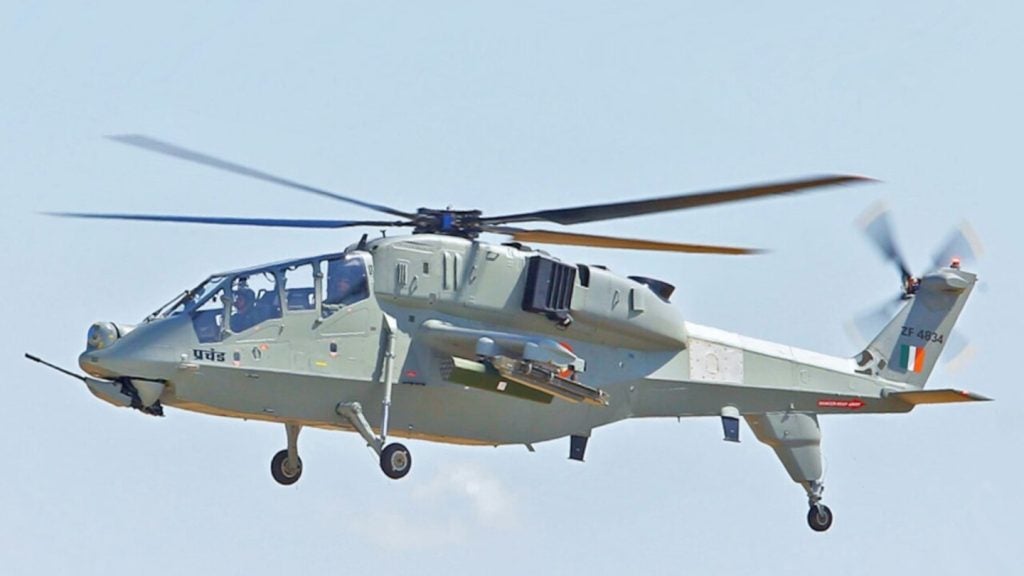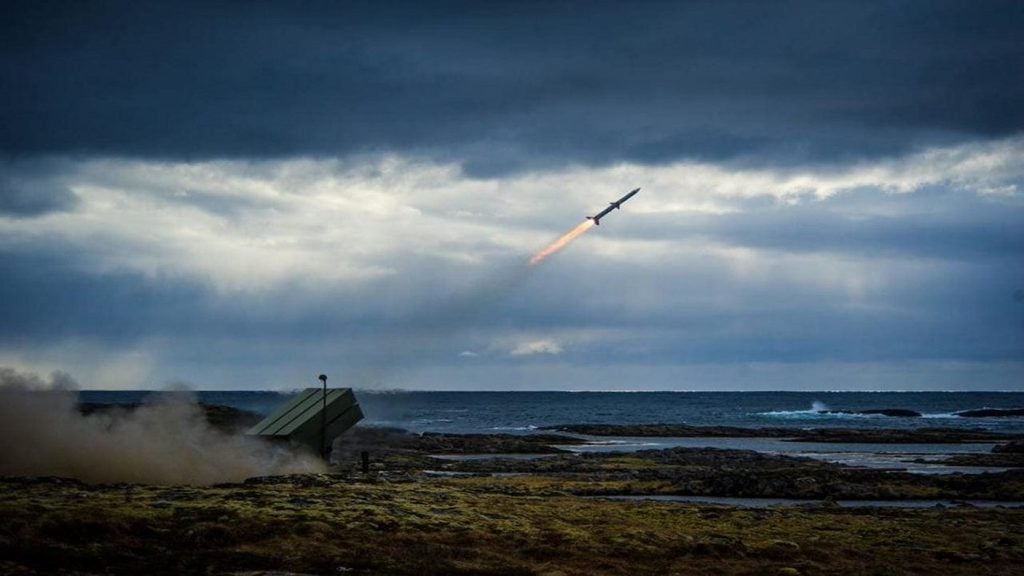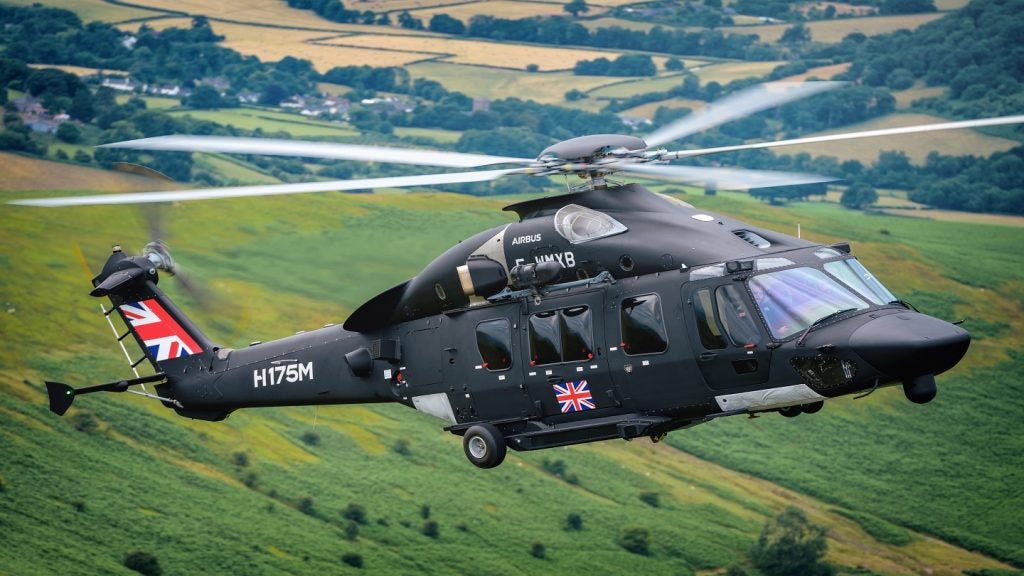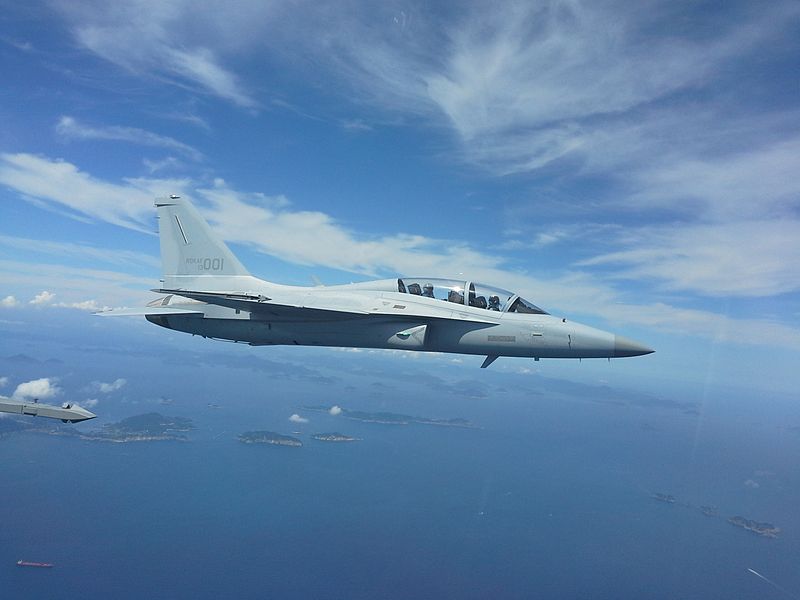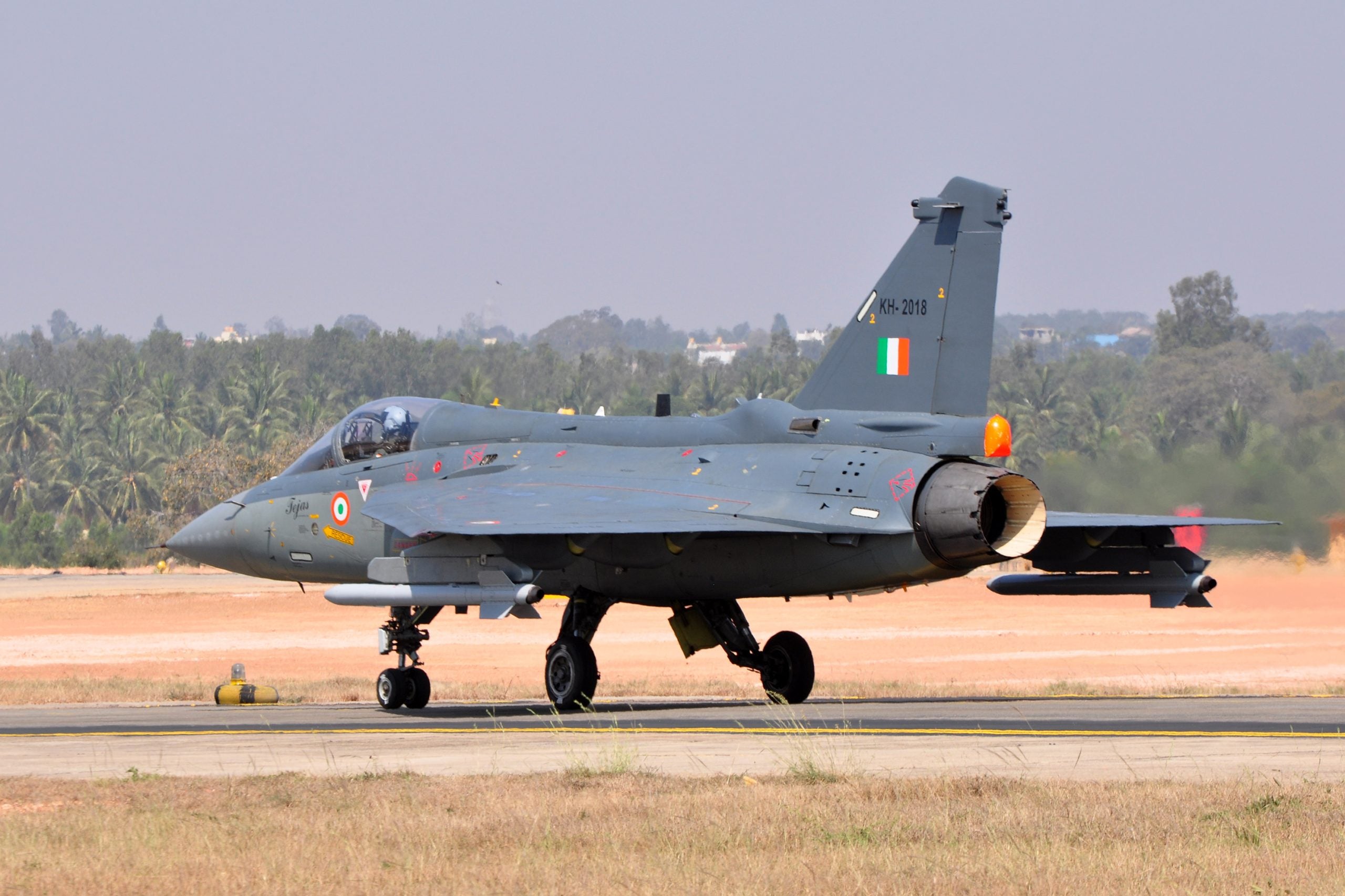
Speaking at the official handing-over ceremony in Bangalore, Raksha Rajya Mantri Shri Ajay Bhatt marked the handover of the LCA Tejas Twin Seater to the Indian Air Force, emphasising the aircraft’s significance in India’s quest for self-reliance in defence manufacturing.
The LCA Tejas programme, he noted, stood as a testament to India’s commitment to reducing its dependency on foreign aircraft and embodying the spirit of a self-reliant nation.
The LCA Tejas project aims to equip the Indian Air Force with an indigenous fighter aircraft. The collective efforts of institutions and individuals, including Hindustan Aeronautics Limited, the Aeronautical Development Agency (ADA), DRDO Labs, CEMILAC, DGAQA, PSUs, IAF, and more, have contributed to India’s project.
Driven by the need to address critical deficiencies in the Tejas MK1 aircraft variant, India was compelled to develop a new upgrade specification for the baseline LCA Tejas MK1 aircraft, according to GlobalData’s “India Defense Market 2023-2028” report.
Highlighting the programme’s significance, Raksha Rajya Mantri emphasised that it provided India with knowledge in building fighter aircraft and nurtured the nation’s aerospace ecosystem. The development of the LCA Tejas has led to the creation of a robust defence and aerospace industry. However, it has also generated opportunities for numerous small and medium-sized enterprises, research institutions, and skilled workers who contributed to various facets of the project.
The LCA Tejas Twin Seater, the first of its kind produced by HAL, has technology which provides it with capabilities to improve its agility and versatility. Its primary role will be to provide essential training to the pilots of the Indian Air Force. Notably, the IAF has already ordered 83 LCA Tejas aircraft with HAL.
While the production of the LCA Tejas MK-1 continues apace, the country’s MoD finally placed the $6.58 billion order to acquire 83 MK-1A aircraft in Feb 2021, GlobalData’s intelligence of India’s Defense Market continues to highlight.
The LCA Tejas Twin Seater’s handover marks a milestone in India’s quest for self-sufficiency in defence manufacturing.
With India being one of the biggest importers of military equipment in recent years, India has started to switch roles since the indigenisation of their defence manufacturing has begun to impact their defence procurement.
They have offered the Tejas Twin Seater combat jet to a variety of international customers in an attempt to benefit from the exportation of military capabilities. Some examples of countries include Malaysia, Egypt, and Argentina.




